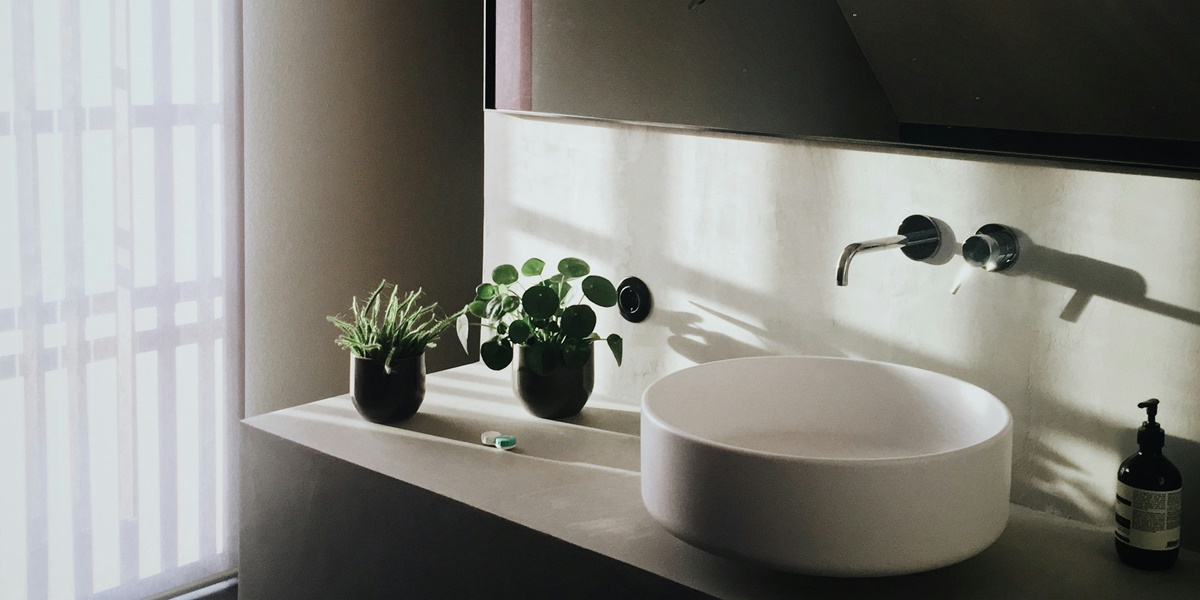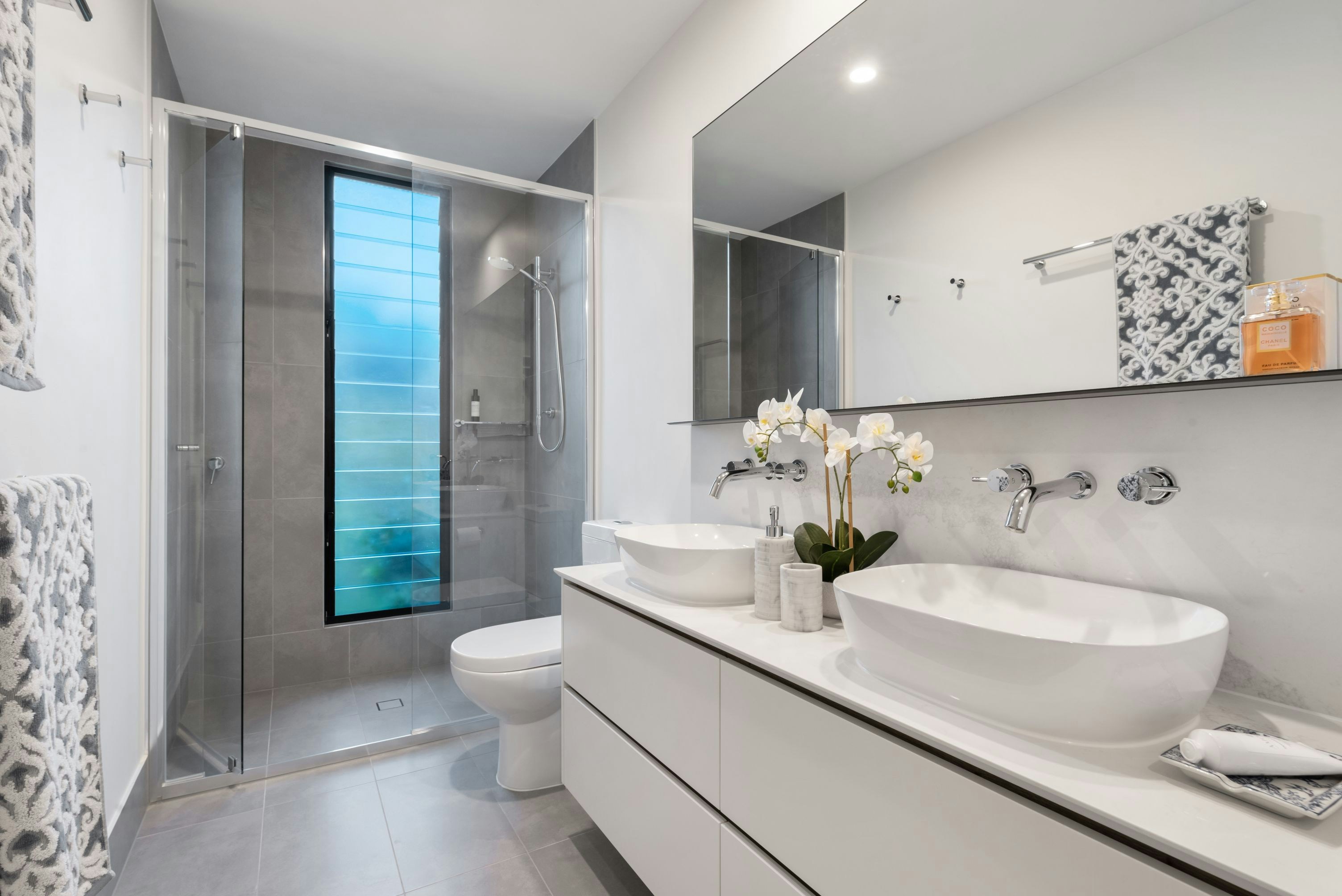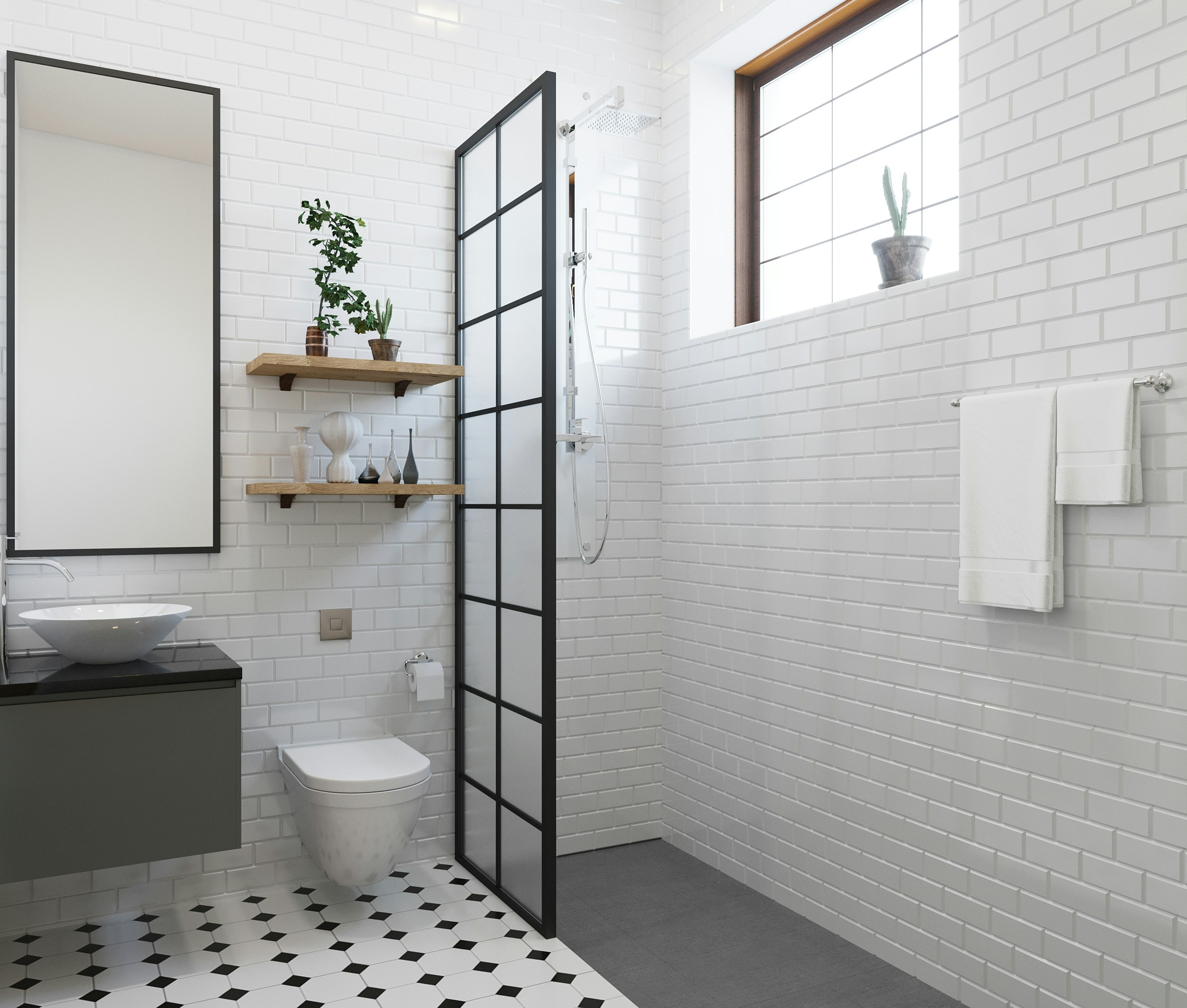7 Most Exciting Korean Dramas in 2023 Featuring Bromance Chemistry, Starring Famous Actors
Korean dramas in 2023 showcase a lot of bromance chemistry that captures the audience's attention. Who are they? Check it out here, KLovers.

Kapanlagi.com - In Islam, every daily activity is recommended to begin and end with a prayer. This includes when finishing activities in the bathroom, where Muslims are taught to recite the prayer to leave the bathroom. This prayer is an expression of gratitude for completing the bathing activity and seeking Allah's protection from the interference of Satan and evil.
Reciting the prayer to leave the bathroom is an important practice in the daily life of Muslims. Besides being a form of gratitude for completing the activity, the prayer also serves as an effort to maintain purity from negative influences and maintain a good relationship with Allah SWT.
By reciting the prayer to leave the bathroom, Muslims are reminded to always pay attention to the proper procedures and etiquette in their daily activities. Here is the prayer to leave the bathroom, along with an explanation of its virtues:

Prayer for Leaving the Bathroom and Its Meaning (credit: unsplash)
As mentioned earlier, reading the prayer when leaving the bathroom is an expression of gratitude for a Muslim after completing activities in the bathroom. In addition, this prayer is also a form of gratitude for the protection given by Allah SWT, so that one is kept away from the temptations and disturbances of devils and jinn.
Here is the recitation of the prayer when leaving the bathroom and its meaning:
1. Short Prayer When Leaving the Bathroom
"Ghufranaka. Alhamdulillahilladzi azhaba 'annil adzaa wa'aafaanii."
Meaning:
"With Your forgiveness, all praise belongs to Allah who has removed impurities from my body and has made me well."
2. Long Prayer When Leaving the Bathroom
"Guhfroonaka alhamdulillahi alladzi adzhaba 'anni al-adza wa 'aafaani. Allahumma ij'alni minat tawwaabiina waj'alni minal mutathohhiriin. Allahumma thohhir qolbi minan nifaaqi wa hashshin farji minal fawaahisyi."
Meaning:
"With Your forgiveness, all praise belongs to Allah who has removed diseases from my body and has made me healthy. O Allah, make me a part of those who repent and make me a part of those who are pure. O Allah, cleanse my heart from hypocrisy, and protect my chastity from sinful acts (adultery)."

The Virtue of Reading the Prayer When Leaving the Bathroom (credit: unsplash)
Just like other acts of worship, reading the prayer for leaving the bathroom, which is often considered trivial, actually has several virtues. Some of the virtues of reading the prayer for leaving the bathroom are as follows:
1. As a form of gratitude to Allah SWT
By reading the prayer for leaving the bathroom, we acknowledge and express gratitude for the blessing of good health given by Allah after performing the act of bathing.
2. Seeking protection from the disturbance of Satan
In the prayer for leaving the bathroom, we seek protection from Allah SWT against the disturbance and deception of Satan, which can disrupt and try to influence us.
3. Encouragement to maintain purity and relationship with Allah SWT
Reading the prayer for leaving the bathroom also provides its own encouragement to maintain purity after finishing activities in the bathroom. It also serves as a reminder to always maintain a good relationship with Allah in every aspect of life.

Sunnah Related to the Bathroom (credit: unsplash)
Besides reciting the prayer before entering the bathroom, in Islam, there are many things that a Muslim should pay attention to while in the toilet. This includes recommended practices and behaviors to be avoided. Here are some sunnah actions and etiquettes that should be observed by Muslims when in the bathroom:
1. Before entering the bathroom or toilet, it is recommended to recite the prescribed prayer as taught earlier.
2. When entering the bathroom, it is advisable to start by stepping in with the left foot first.
3. While engaging in activities inside the bathroom, it is recommended to maintain tranquility by avoiding making loud noises, including singing.
4. When in the bathroom, it is important to avoid mentioning the name of Allah SWT and verses from the Holy Quran.
5. It is recommended not to spend too much time in the bathroom, immediately leave after finishing.
6. One thing to note is to maintain cleanliness and purity by performing istinja' using the left hand.
7. When leaving the bathroom, it is recommended to prioritize the right foot.
8. After leaving the bathroom, it is recommended to recite the taught prayer as a sign of gratitude and protection from Allah SWT.
Those are among the reviews related to the prayer for leaving the bathroom, along with its virtues and other sunnah recommendations related to toilet activities. Hopefully useful, can increase knowledge, and improve faith as a Muslim. Amin.
(kpl/psp)
Cobain For You Page (FYP) Yang kamu suka ada di sini,
lihat isinya
Korean dramas in 2023 showcase a lot of bromance chemistry that captures the audience's attention. Who are they? Check it out here, KLovers.
How about watching the recommended Song Seung Hoen films? If yes, just take a look at some of the recommendations below:
In this Thai drama about comedy horror, viewers are presented with a combination of scary stories seasoned with fresh comedy elements. Here are recommendations for Thai dramas about comedy horror that successfully entertain viewers with exciting stories and hilarious humor.
Interested in watching Japanese dramas about single parents? If so, let's take a look at some recommendations below.
Korean dramas about a mother's struggle not only present touching stories, but also show how important a mother's role is in everyday life. Here are some interesting recommendations for Korean dramas about a mother's struggle to watch.
Dramas starring Kim Soo Hyun always manage to captivate viewers with their touching love stories. Here are some Kim Soo Hyun romance dramas:
Interested in watching Chinese kingdom dramas about arranged marriages with the highest ratings? If so, here are some recommendations:
According to several hadiths, Lailatul Qadar night has several special characteristics that make it look very different from other nights. The characteristics of Lailatul Qadar Night mentioned in the hadiths of the Prophet Muhammad are as follows:
In the world of Korean cinema, romantic films with a kingdom background have become a special attraction for global audiences. The core story, strong characters, and exciting conflicts make romantic Korean films with a kingdom theme often liked.
Who are those Indonesian celebrities? Here is a list of Indonesian celebrities if they were to play characters in the anime NARUTO SHIPPUDEN during the war.
There are several main character lists in the anime DRAGON BALL Z. For those who are curious, let's explore some of the main character lists in the anime DRAGON BALL Z, which provide thrilling and unforgettable adventures.
In Japanese, it turns out there are several variations of how to respond to a thank you or 'arigatou' that is equivalent to 'you're welcome' or 'thank you back'. Curious, how do you say the Japanese equivalent of 'you're welcome' to respond to the expression 'arigatou'?